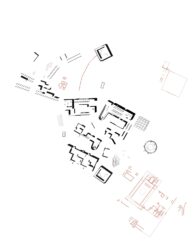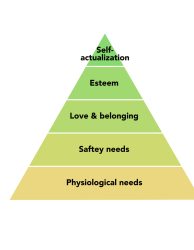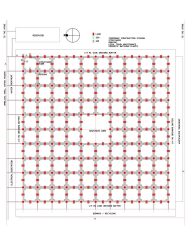
EgoCity
Function : Dwelling
Site location: None
Year : 2015
Institution: TU Delft
Brief description of the project:
Egocity
Maximum desires / Maximum Density
(EgoCity is an effort to revolutionise the architectural process, in order to maximise individual desire simultaneously whilst maximising collective density)
What sort of city can you have when everyone chooses to live by himself in order to realise his dream?
The paradox of our current urban challenge is that, although the city remains the best solution to diminish our impact on the environment, we want to live a life that is not standardised – we want our own dream house.
How can we solve the seemingly unsolvable conflict between freedom and density?
EgoCity aimed to tackle firstly the dilemma of maximum desires / maximum density by accommodating truly the needs of users for a differentiated lifestyle, away from the repetitive and monotonous characteristics of the suburban periphery of our cities.
17 architecture students chose 17 possible clients and studied their personalities in order to design their dreamhouses. But how do 17 people occupy the same space with their dreams?
The aim was to devise methods that avoid compromise at all costs.
Architecture therefore was considered as the design of an ideal game that solves conflicts between neighbours’ fight for space. The nature of gaming is collaborative and therefore results in design with multi-user participation, thereby unlocking conversations which would otherwise be difficult, or impossible.
The concept of gaming as simplification and exaggeration of reality led to the idea that different patterns of the real world could be tackled by the development of more than one games. Four elements of real conflicts rendered four set of rules: firstly, the automaton game tested a framework of regulations formed by individual desire, expressed in space hierarchy, or ‘power’, which acted as the base of the production of the city; secondly, the trading game simulated a financial framework relating spatial desires to a fixed capital; the strategic game was an investigation of the idea of phasing in the urban fabric, thus relating spatial desires to real-time claiming of space; lastly, the blind game simulated the fair negotiation of boundaries between parties, causing restrictions to their evolution. The four games provide a broad spectrum approach to gaming as an urban design tool. By generating more than one approach, we were able to gain valuable insight into reactions of people to certain scenarios.
One possible outcome amongst several was deeply developed and shows how the standard idea of dwellings is outdated when architecture is really human-driven.
Author: Matteo Pavanello, Lucile Dugal, Francesco Barone, Prokop Matej, Tan Wen Jun, Hun Chun Hoi, Olina Terzi, Marek Nosek, Charles Ducerisier, Felix Borel, Iason Stathatos, Javier Lopez-Menchero, Loes Thijssen, Niels Baljet, Soo Woo, Zichen Liu, Tarryn Leeferink









